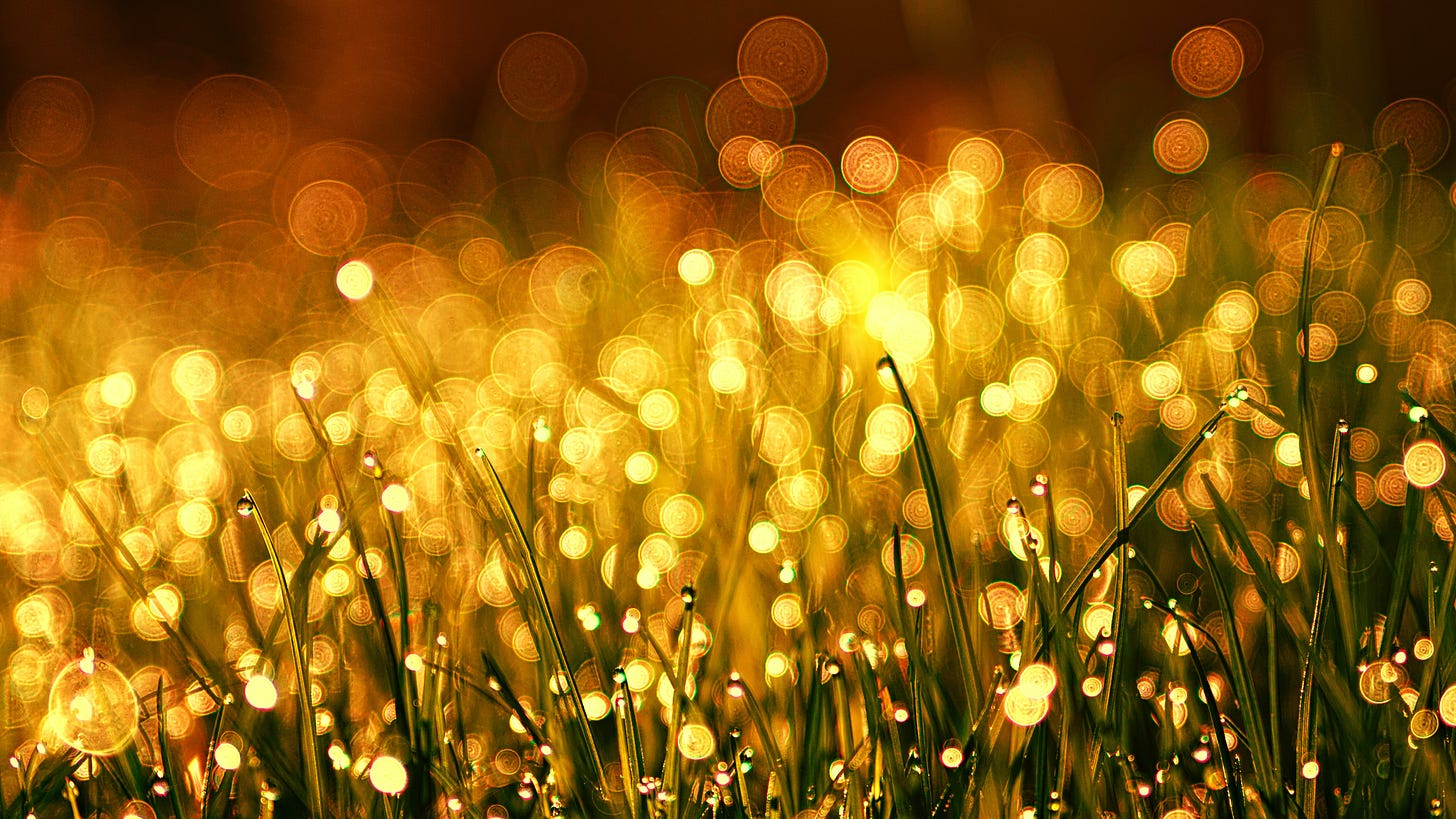For Sarah
*Photo by Johannes Plenio from Pexels
This is my year, she yelled on New Year’s Eve, confetti in her hair, as she clinked her plastic champagne flute, and poured a little out for her homies.
This is going to be my year, for sure, she wrote in her Dream Journal, ignoring the ink stains along the edge of her hand. February already. So many ideas, s…
Keep reading with a 7-day free trial
Subscribe to Mourning Pages to keep reading this post and get 7 days of free access to the full post archives.



